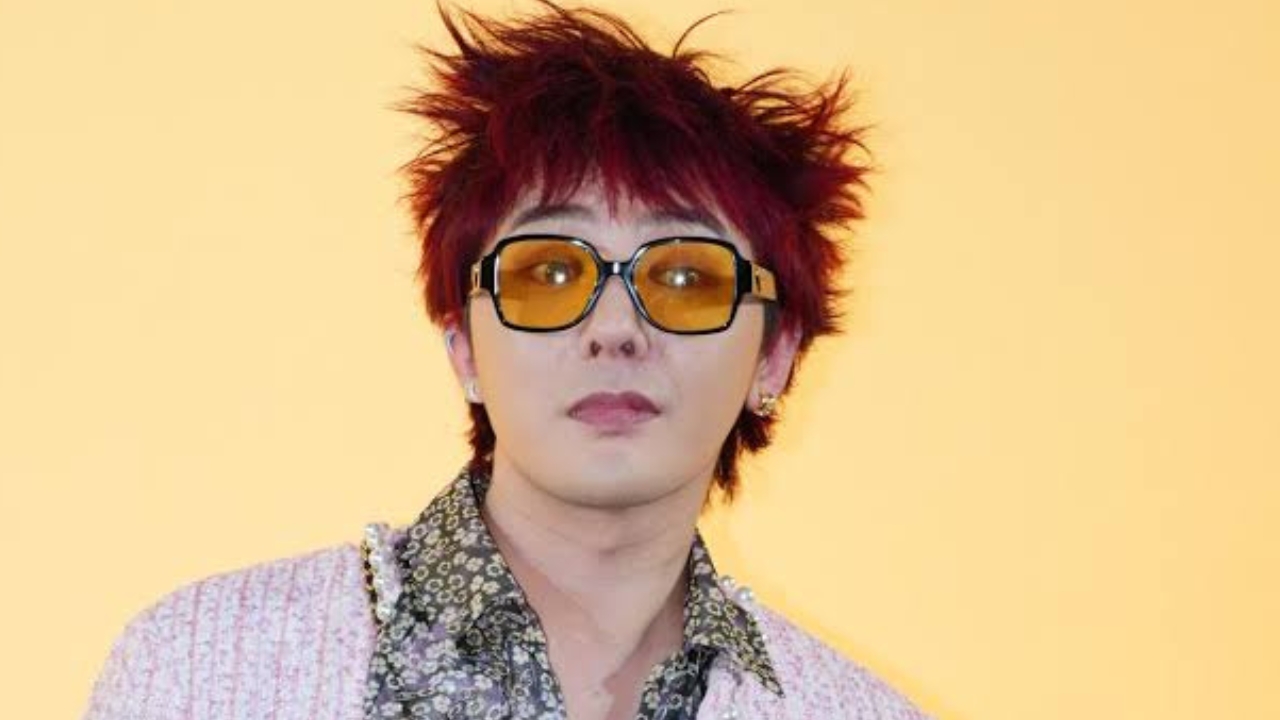South Korean police have officially cleared G-Dragon, the former leader of the legendary K-pop group BIGBANG, of all allegations related to illegal drug use.
The decision marks a significant moment for the 35-year-old artist, whose reputation and career were momentarily shadowed by the high-profile investigation.
According to multiple media outlets, including Yonhap News Agency, authorities from the Incheon Metropolitan Police announced on December 19, 2023, that there would be no charges filed against G-Dragon (legal name: Kwon Ji-yong).
The decision came after weeks of investigation failed to yield any credible evidence or testimonies against the singer.
The Allegations: What Sparked the Investigation?
The case emerged as part of a broader nationwide crackdown on illegal drugs led by the administration of conservative President Yoon Suk Yeol.
South Korea, known for its zero-tolerance policy toward narcotics, has recently seen a rise in drug-related arrests involving chaebol heirs, celebrities, and influencers.
G-Dragon’s name surfaced during this wave of investigations, igniting widespread media coverage and public speculation.
On November 6, 2023, he voluntarily appeared at a police station in Incheon for questioning, signaling his cooperation with the authorities and confidence in his innocence.
G-Dragon’s Public Defense: “I Have Never Used Drugs”
In an exclusive interview with Yonhap News TV, G-Dragon addressed the allegations directly. With composure and clarity, he stated:
“I have never used drugs, received or given drugs from or to anyone.”

His public stance remained consistent throughout the investigation. Negative drug test results, including hair and urine samples, supported his claims and eventually led to the dismissal of the case.
Though neither the police nor G-Dragon made formal comments immediately following the decision, the clearance speaks volumes.
A Nation with Harsh Drug Laws
The incident put a spotlight on South Korea’s strict drug legislation, which mandates a minimum sentence of six months in prison, and up to 14 years for repeat offenders or drug traffickers.
Even mere accusations can result in public shaming, contract cancellations, and irreversible damage to careers—especially for entertainers.
The media frenzy surrounding G-Dragon reflects not only his celebrity status but also the cultural and legal gravity of drug-related accusations in Korean society.
In this environment, even a baseless allegation can spiral into a reputational crisis, regardless of eventual exoneration.
The Price of Fame: Impact on Reputation
While the legal outcome is a win for G-Dragon, the court of public opinion often lags behind. The ordeal serves as a reminder of how fragile public trust can be for high-profile figures in Korea’s entertainment industry.
Despite his global fanbase and artistic influence as a fashion icon, songwriter, and trendsetter, G-Dragon has not been immune to controversies in the past. However, this case felt particularly personal and invasive.
The artist’s willingness to face public questioning and provide transparent evidence of innocence likely played a major role in his eventual vindication.
Broader Context: Crackdown or Celebrity Targeting?
The investigation into G-Dragon occurred alongside multiple high-profile drug arrests, including members of elite families and other entertainers.
Critics have questioned whether such investigations are part of a broader agenda to signal law enforcement strength, especially under a conservative administration that prioritizes moral and legal discipline.
Some cultural commentators have also raised concerns about disproportionate scrutiny of celebrities.
While public figures do wield considerable influence, the intense focus on their private lives can be seen as excessive, especially when no concrete evidence is found.
Fans React: Relief and Continued Support
Following news of his exoneration, G-Dragon’s fans—VIPs (BIGBANG’s fandom name)—flooded social media with messages of support and vindication.
Hashtags such as #JusticeForGDragon and #ApologizeToGDragon began trending, with many fans demanding public apologies from media outlets that amplified the rumors without confirmed facts.
Several fans expressed concern about the emotional toll the investigation may have taken on the artist, who has been largely out of the public spotlight in recent years, aside from occasional appearances in the fashion world and brand endorsements.
What’s Next for G-Dragon?
Now cleared of all allegations, the road ahead for G-Dragon appears open—but not without challenges.
In the aftermath of such controversies, many Korean celebrities undergo periods of reflection or hiatus, partly due to public expectation and partly to recover from reputational damage.
Industry insiders speculate that G-Dragon may return to music or fashion in early 2026, especially as BIGBANG fans continue to call for a comeback or solo project.
His influence on both the K-pop and global fashion scenes remains unmatched, and his artistic legacy has only grown stronger with time.
Final Thoughts: Innocent, But Not Unaffected
G-Dragon’s case is a cautionary tale of how easily a public figure’s name can become entangled in national policy and public perception—even without evidence.
Though justice prevailed in this instance, the personal and professional costs of such allegations cannot be underestimated.
As the K-pop industry evolves and the Korean legal system continues its crackdown on drugs, it’s crucial that investigations maintain a balance between enforcement and fairness, especially when dealing with individuals in the public eye.
For now, G-Dragon walks away with his name cleared—but the incident leaves an imprint, both on him and on the broader conversation surrounding celebrity, privacy, and justice in South Korea.
